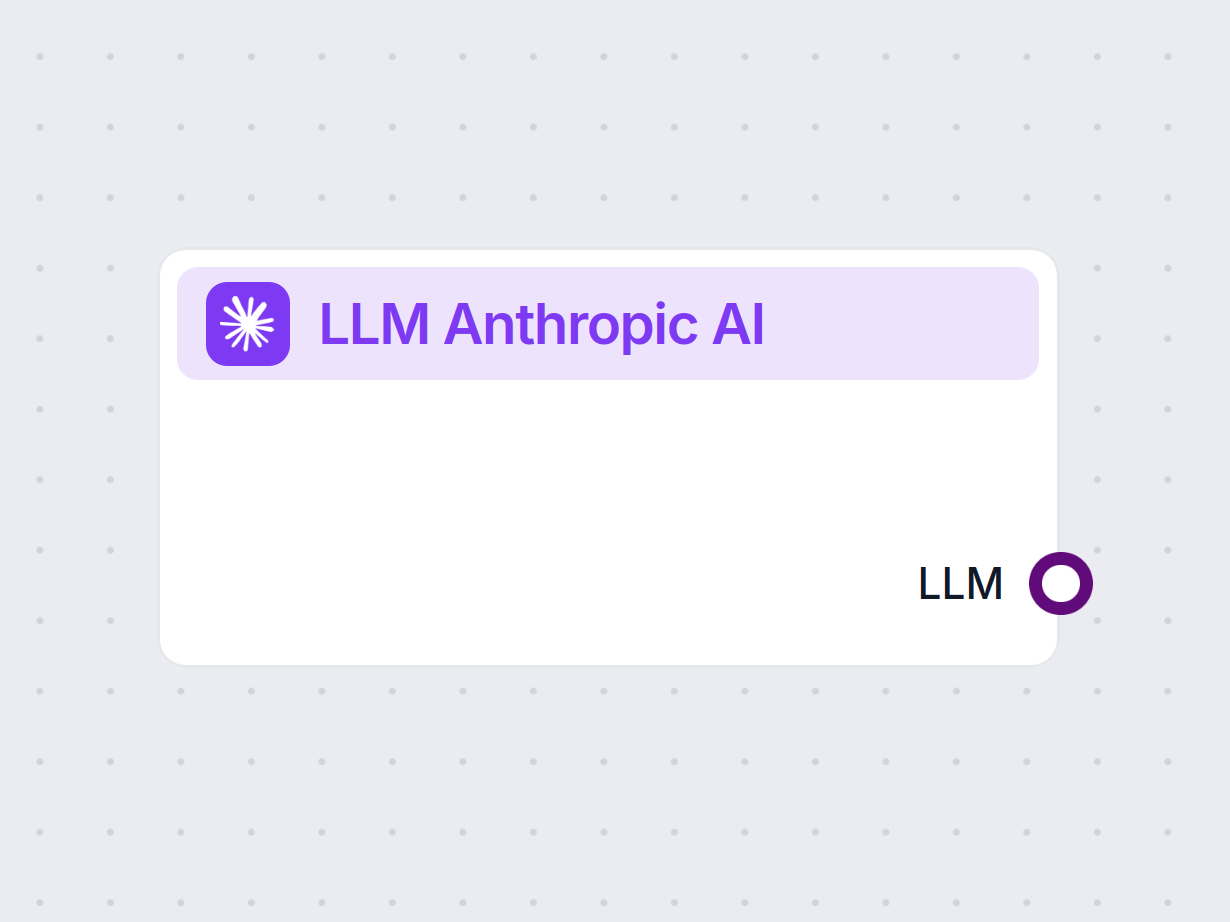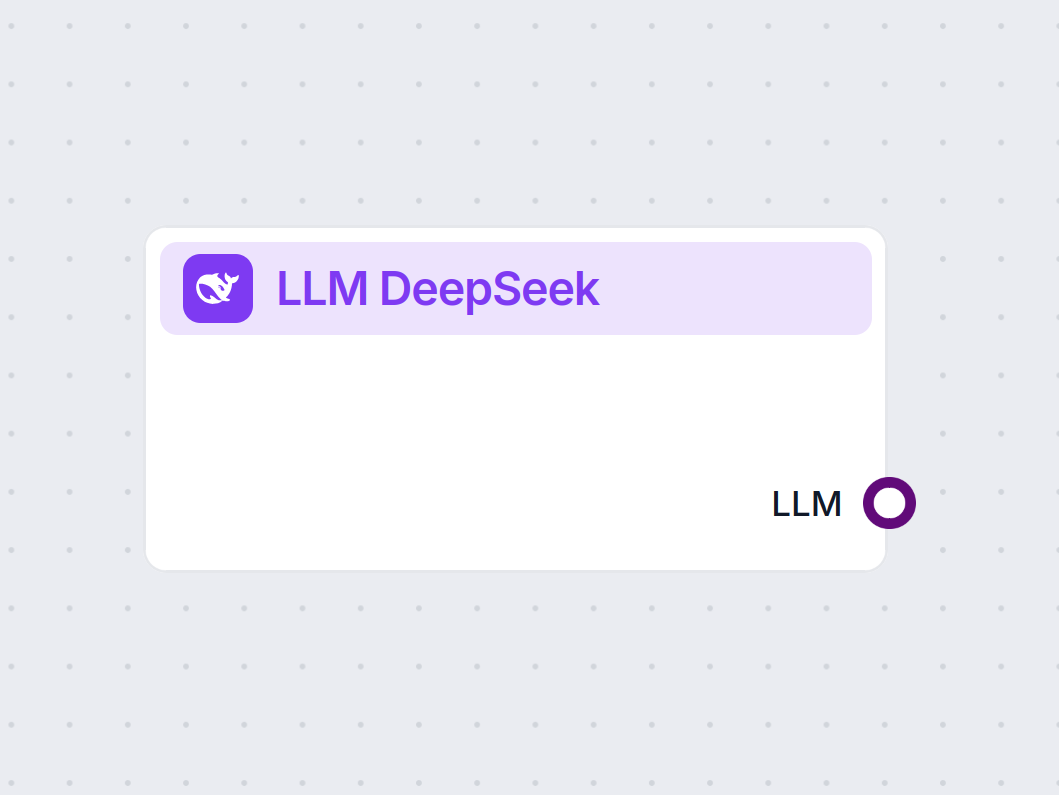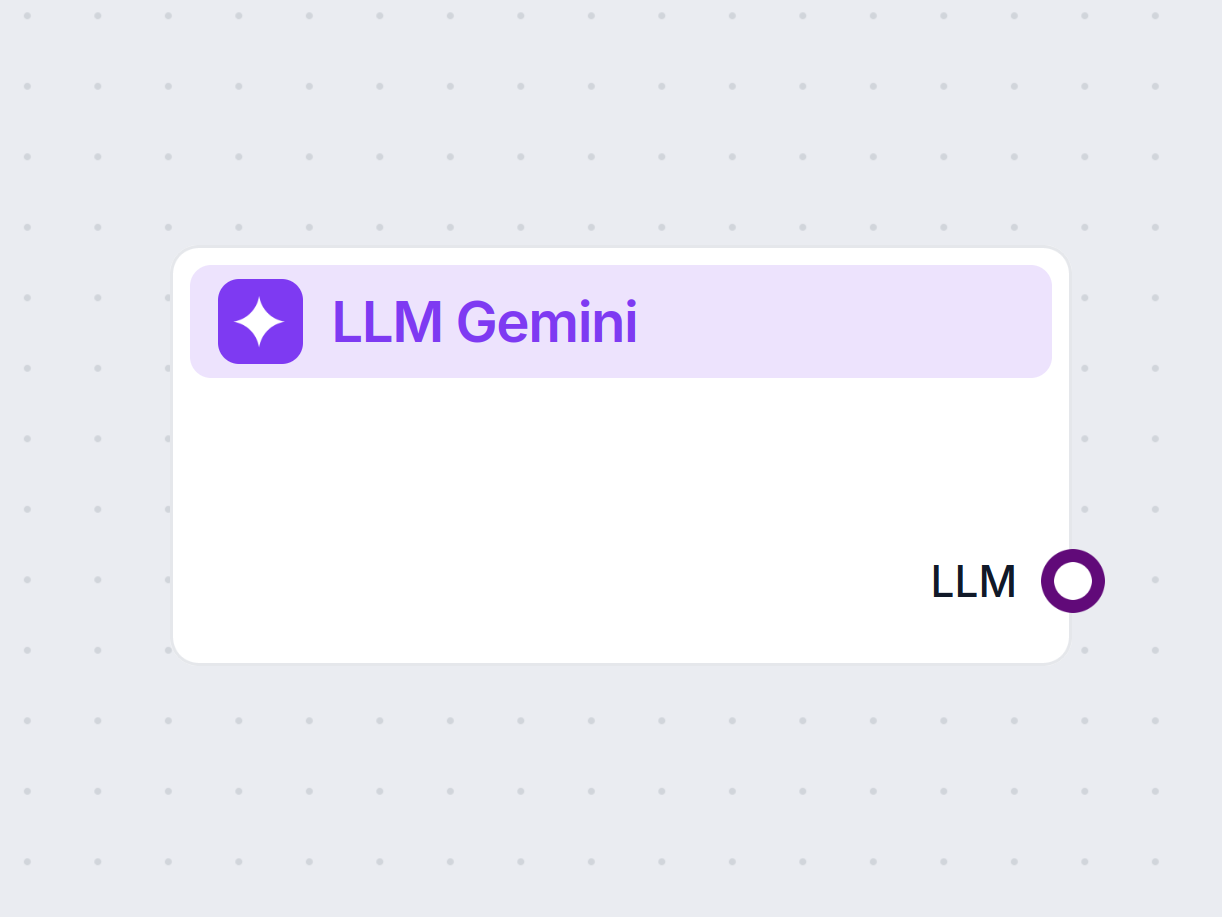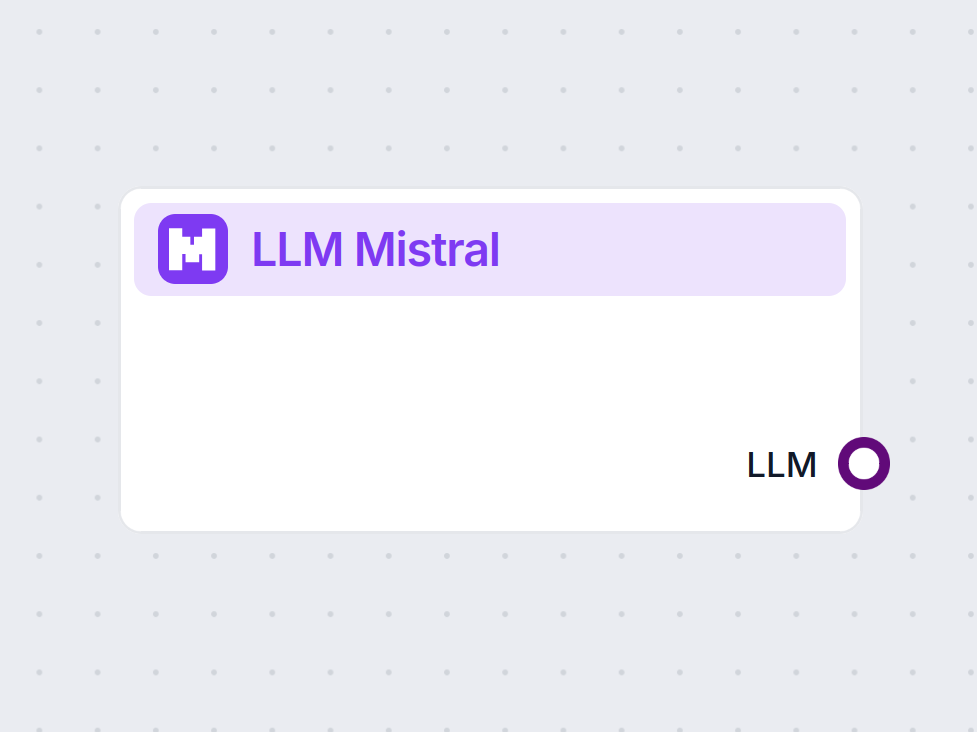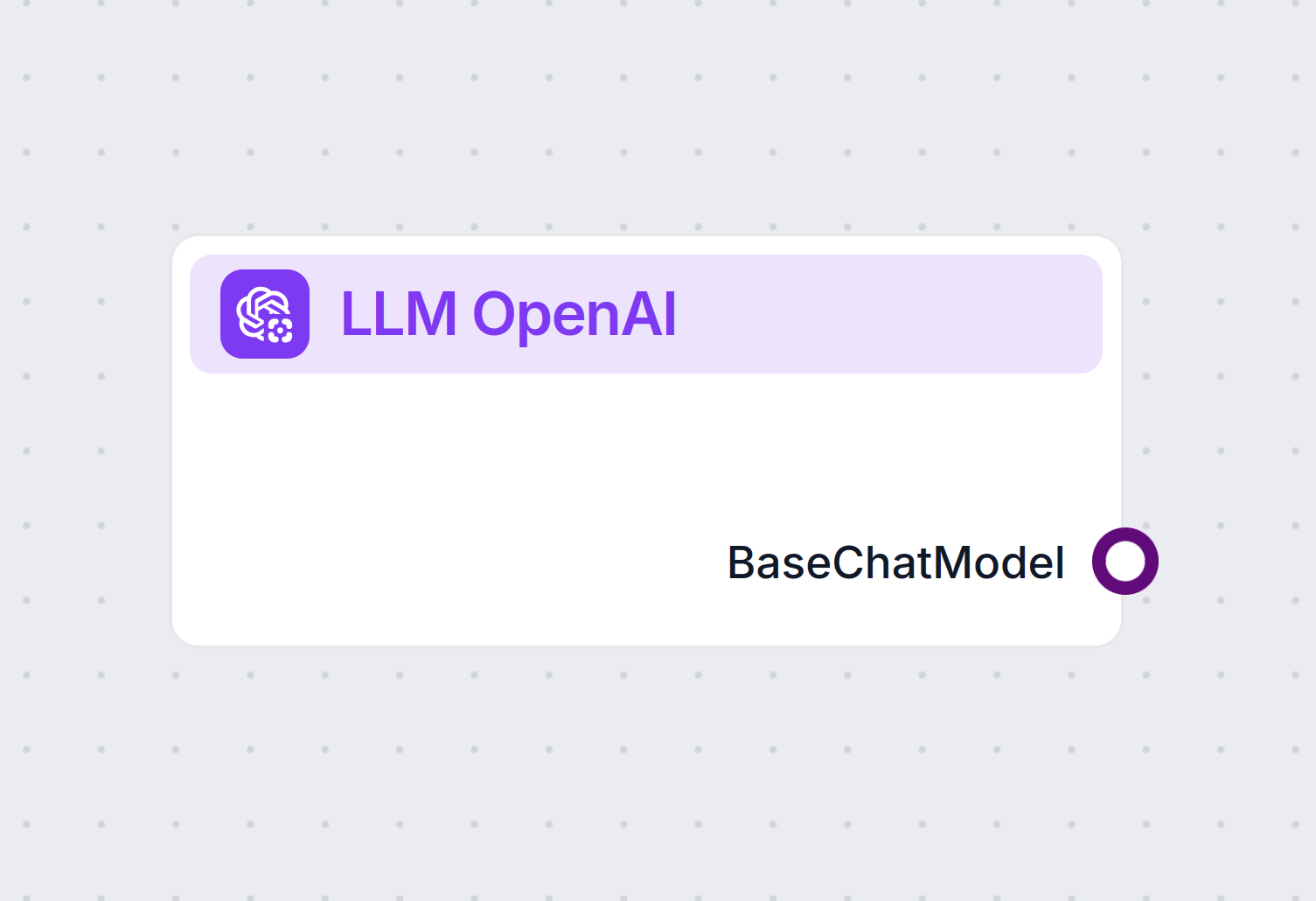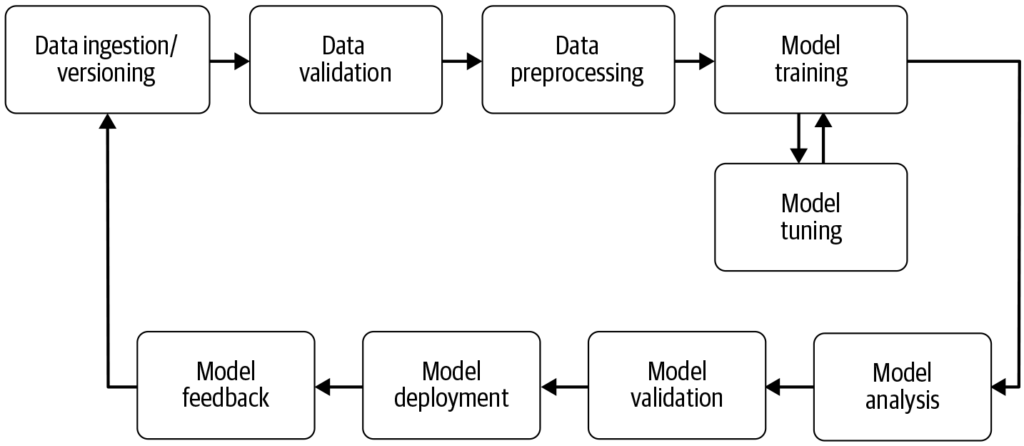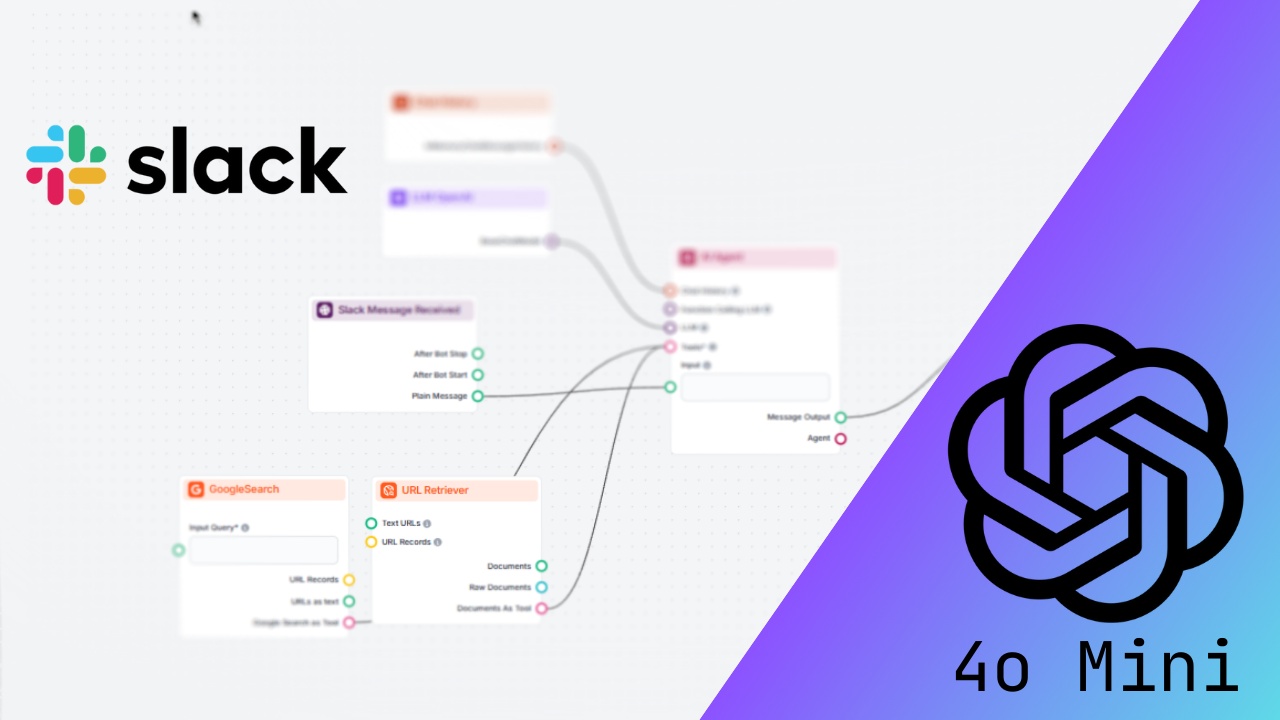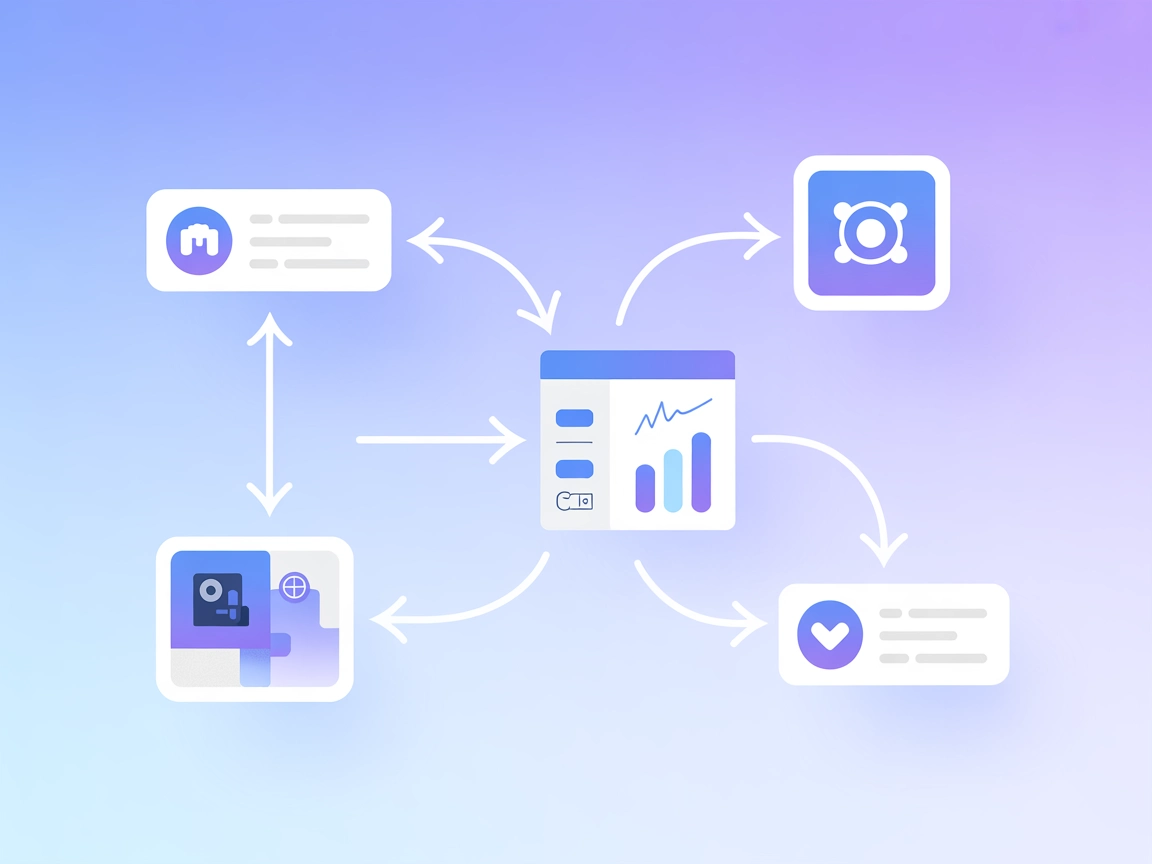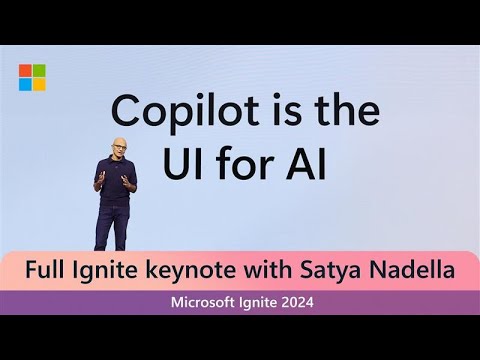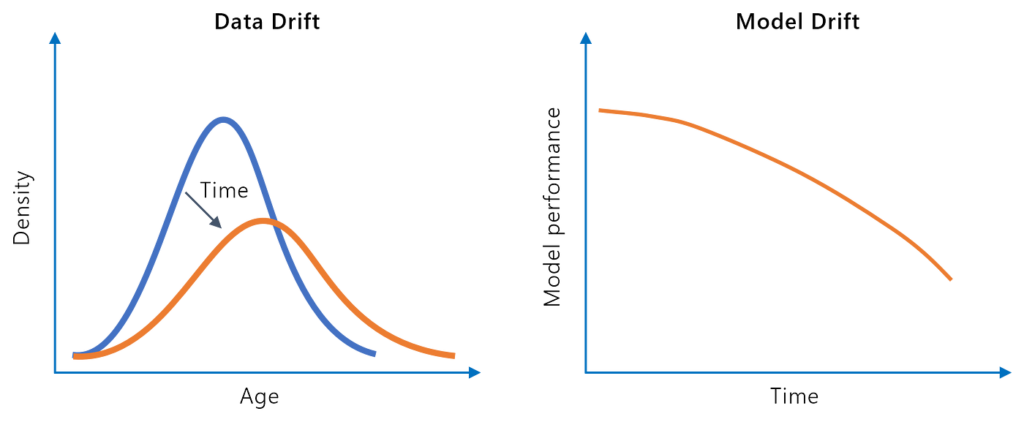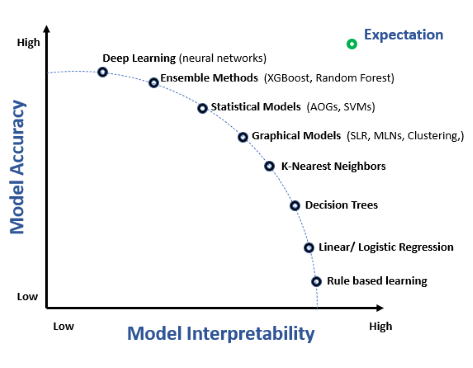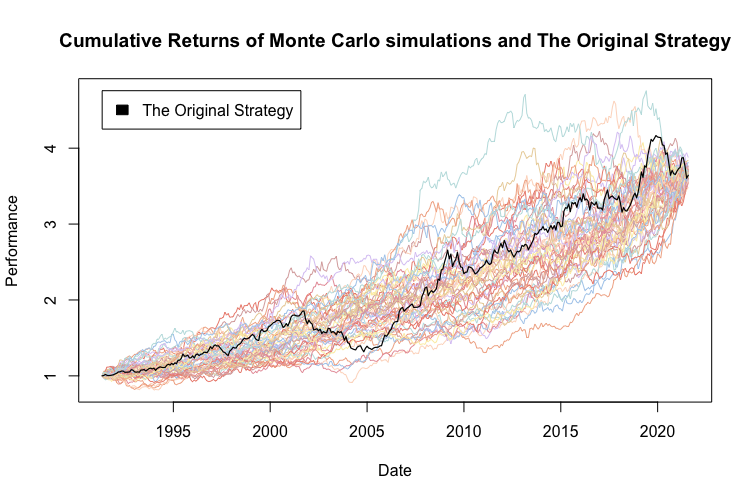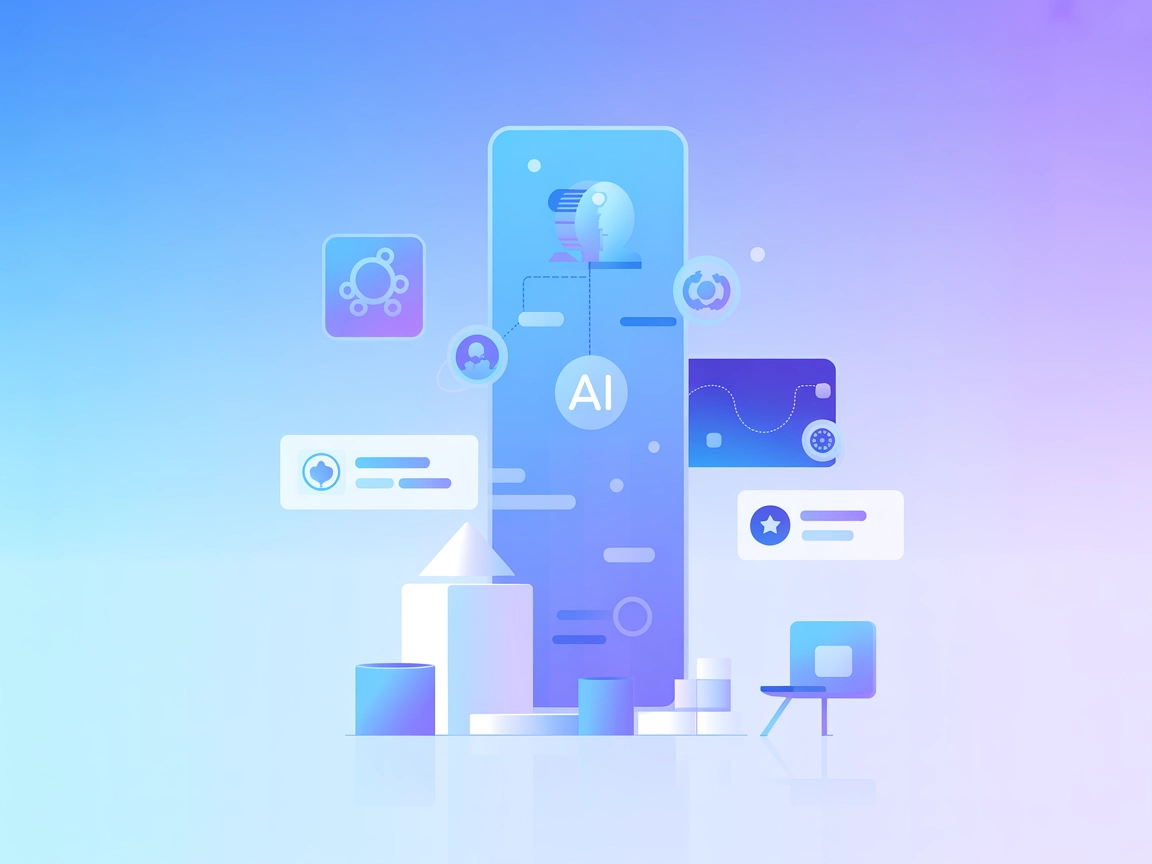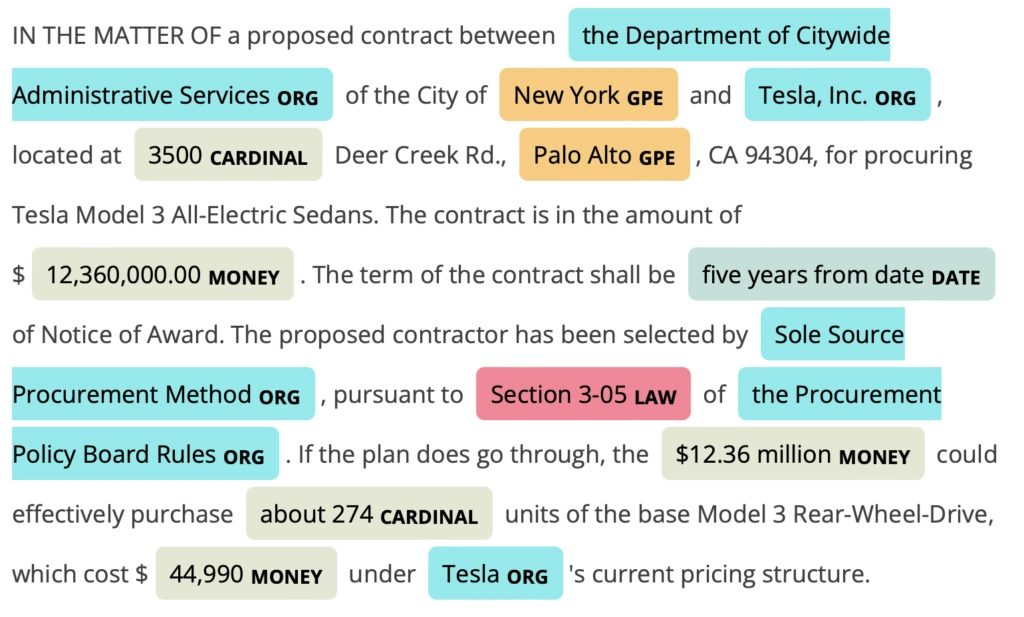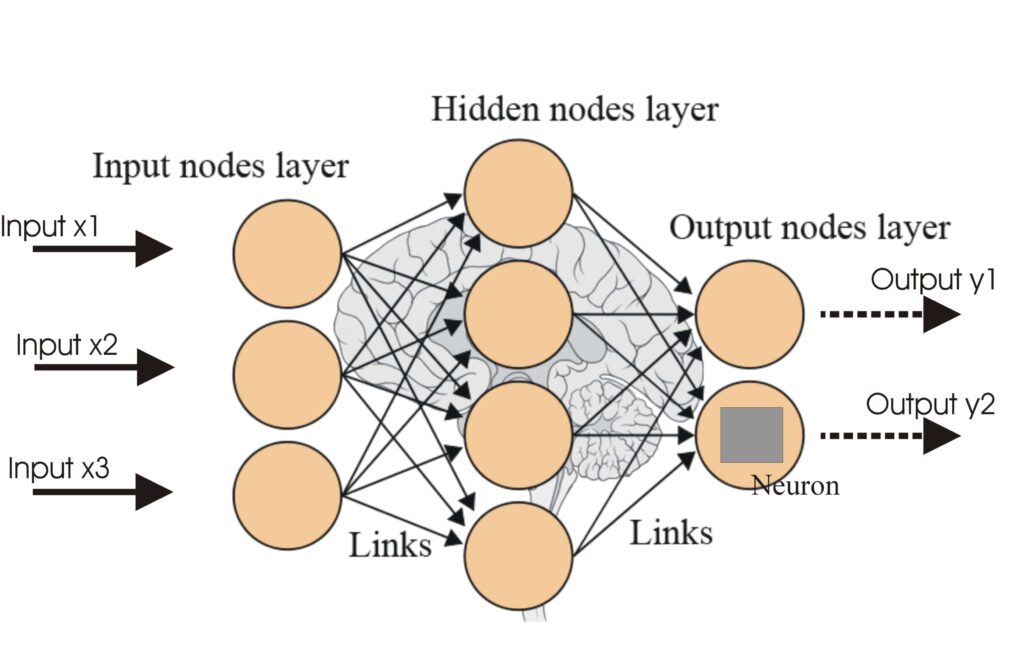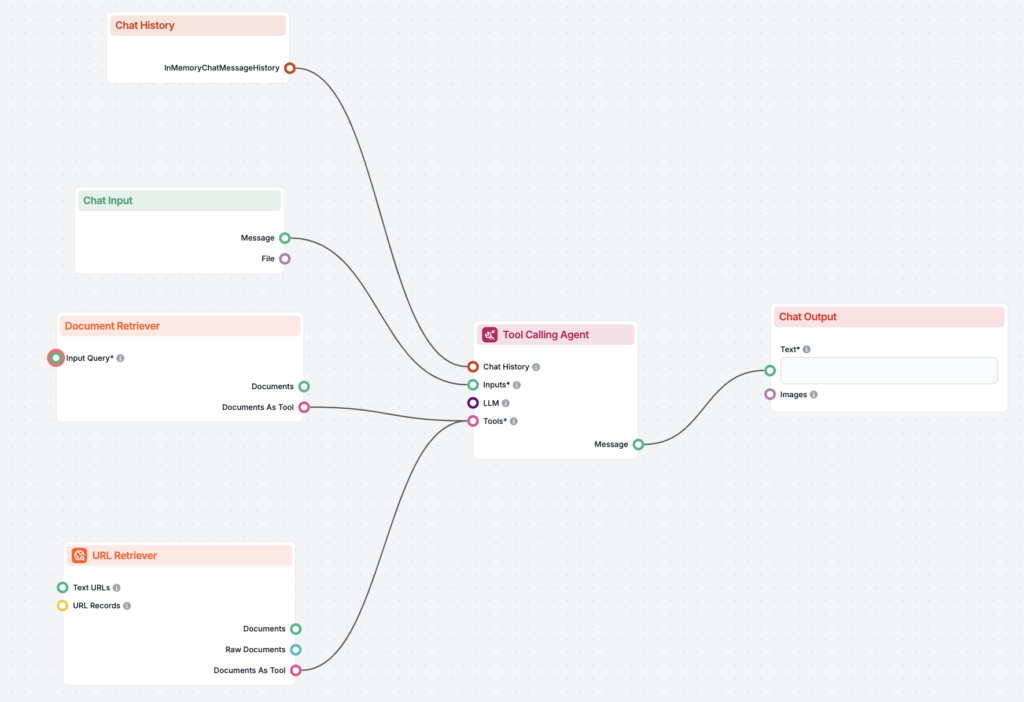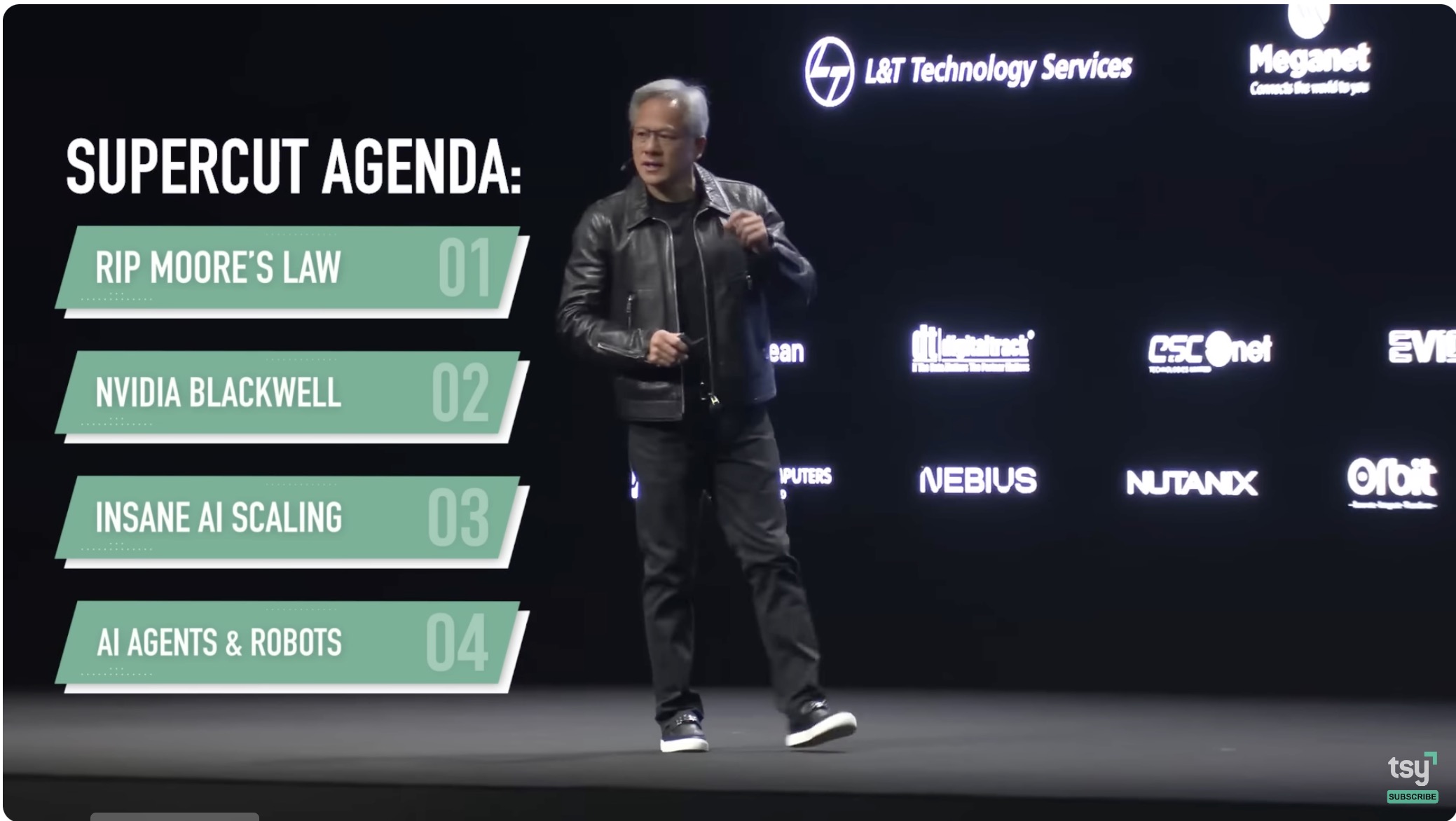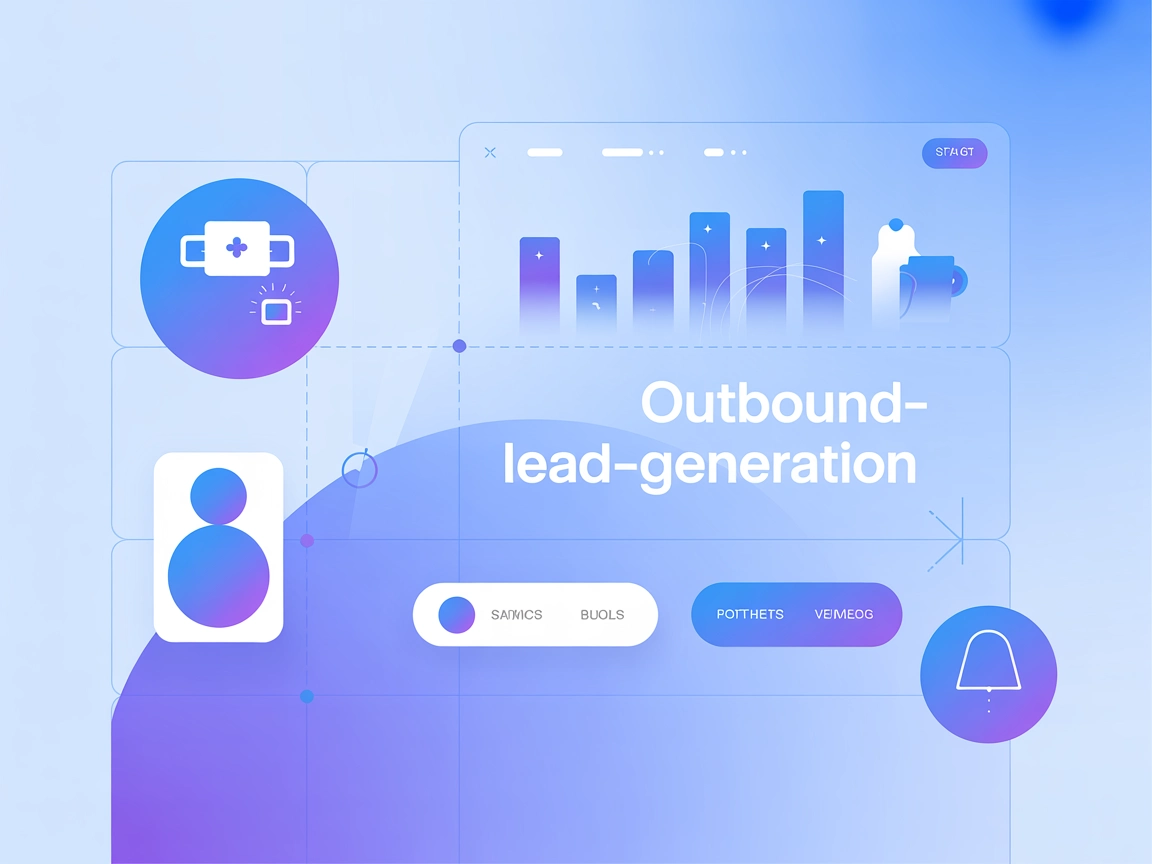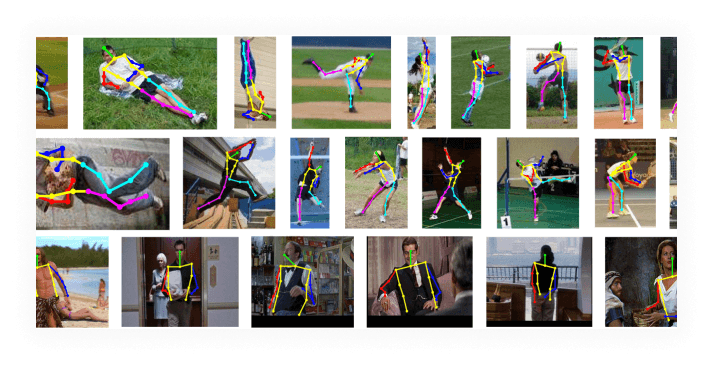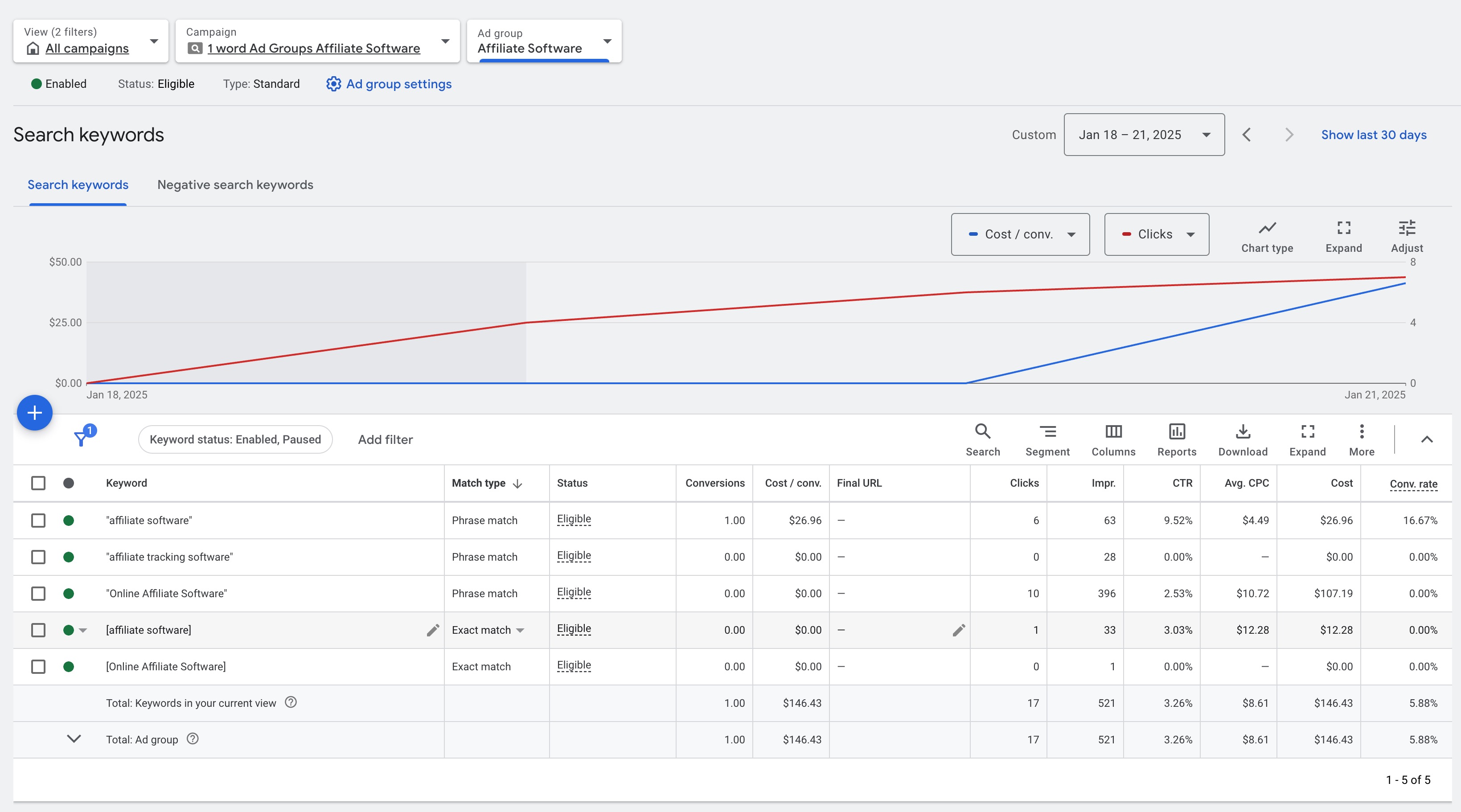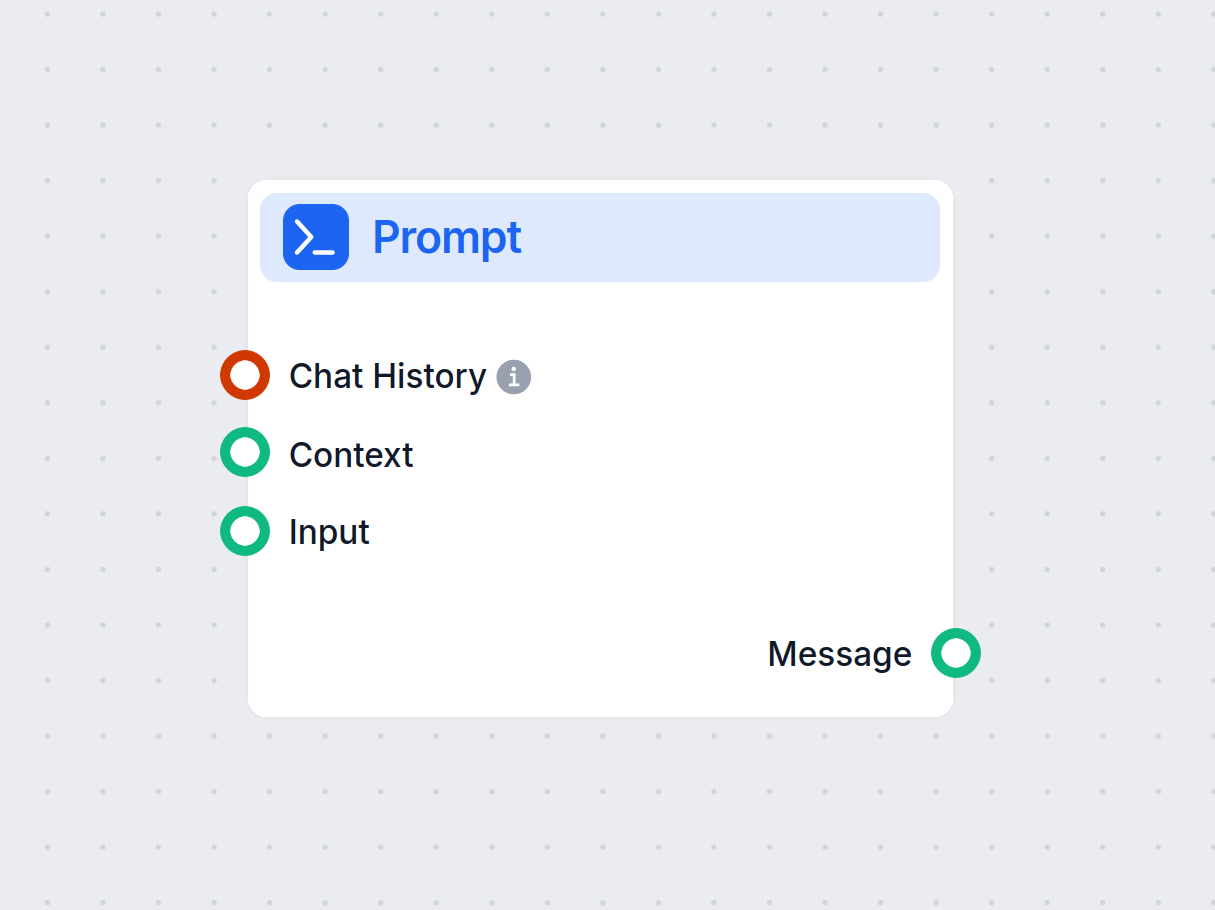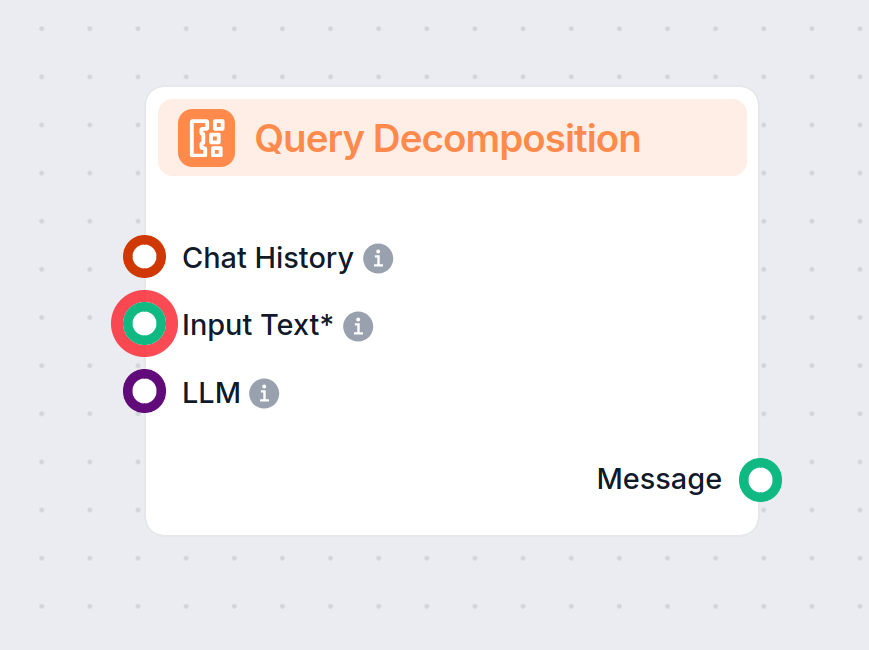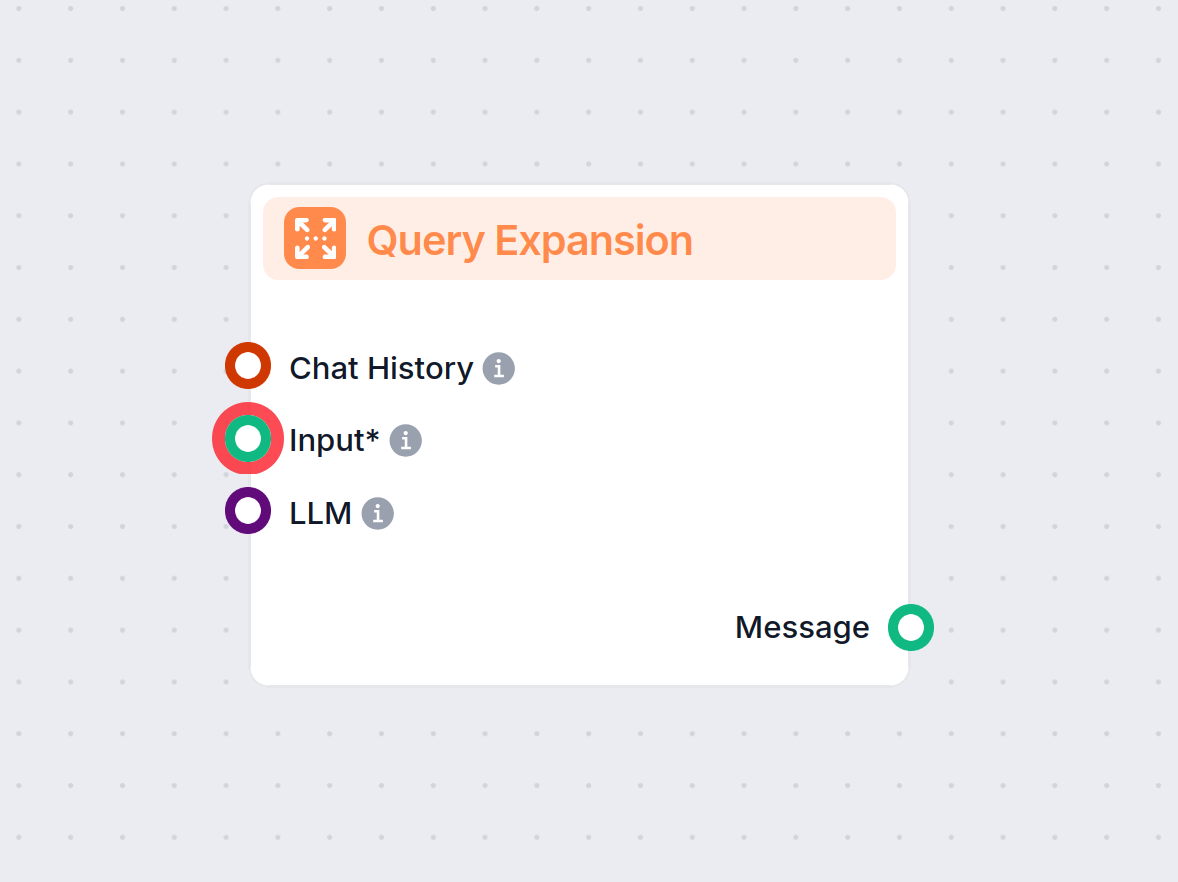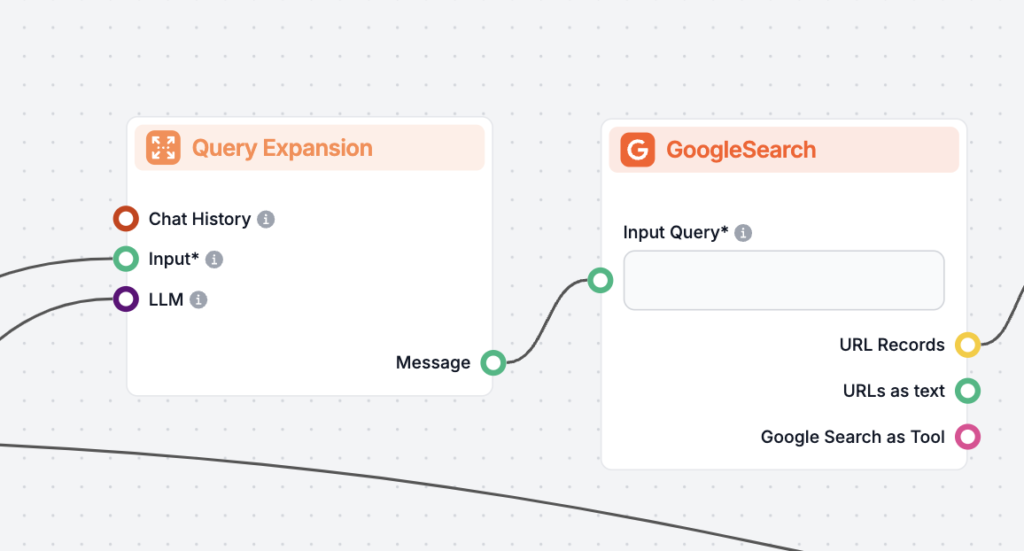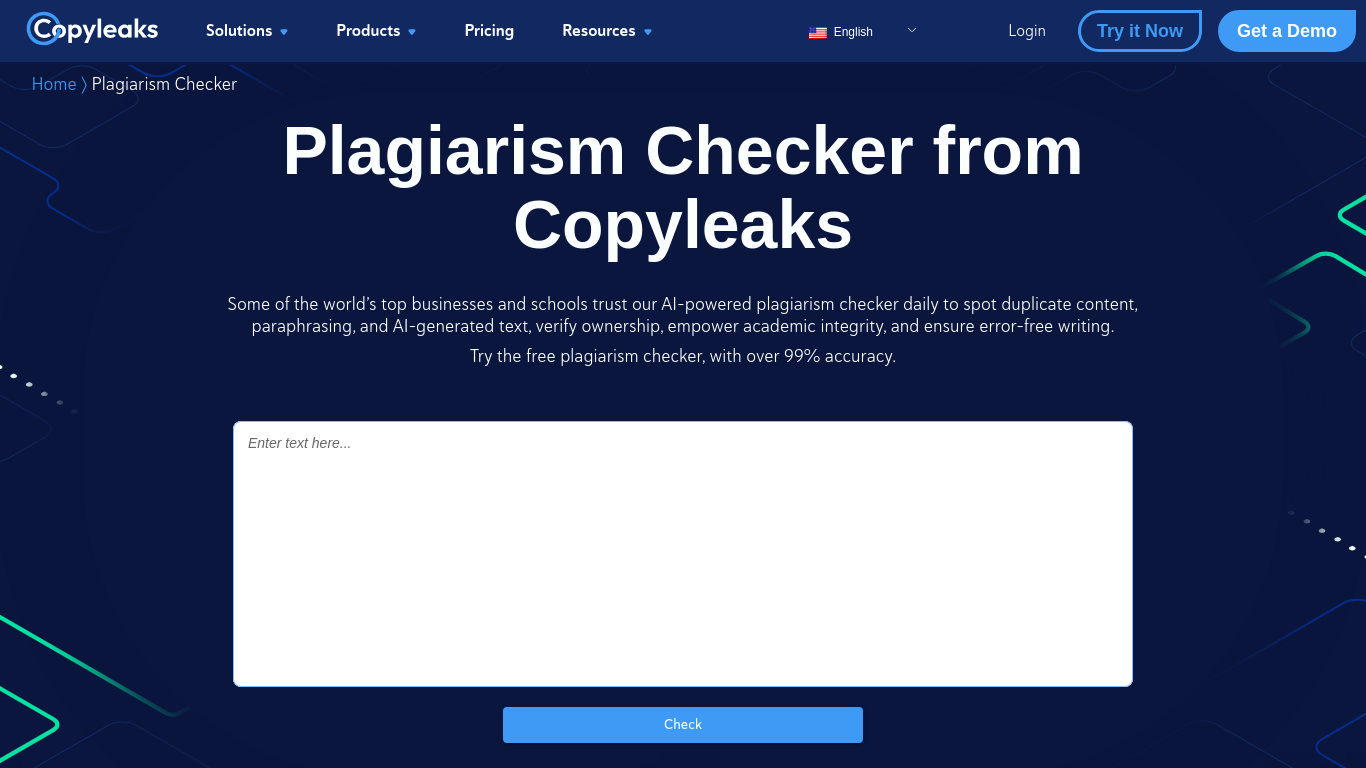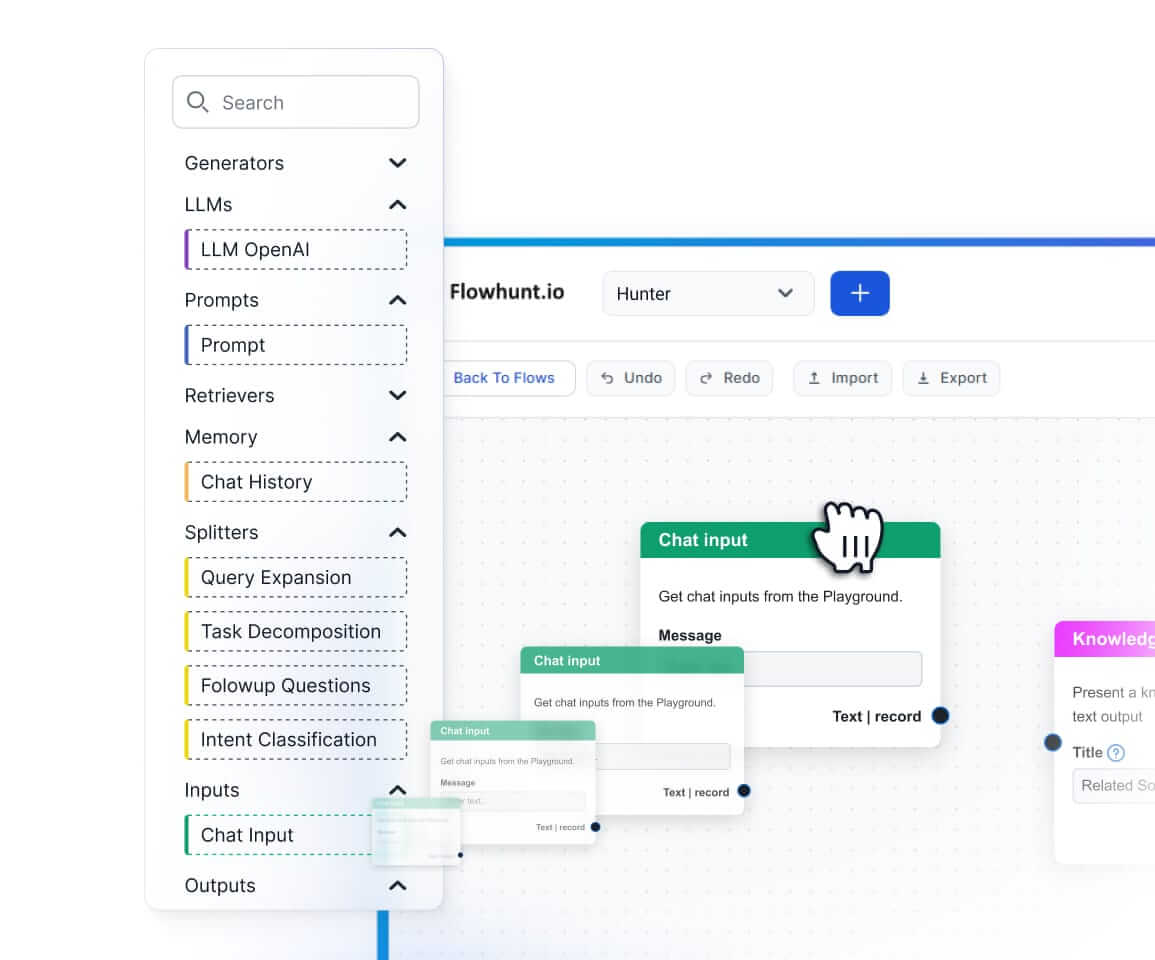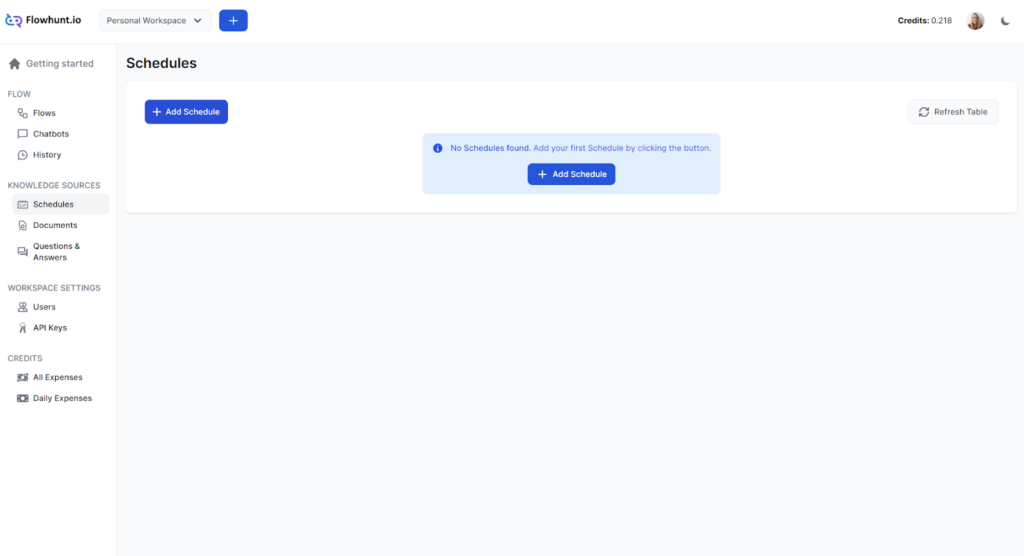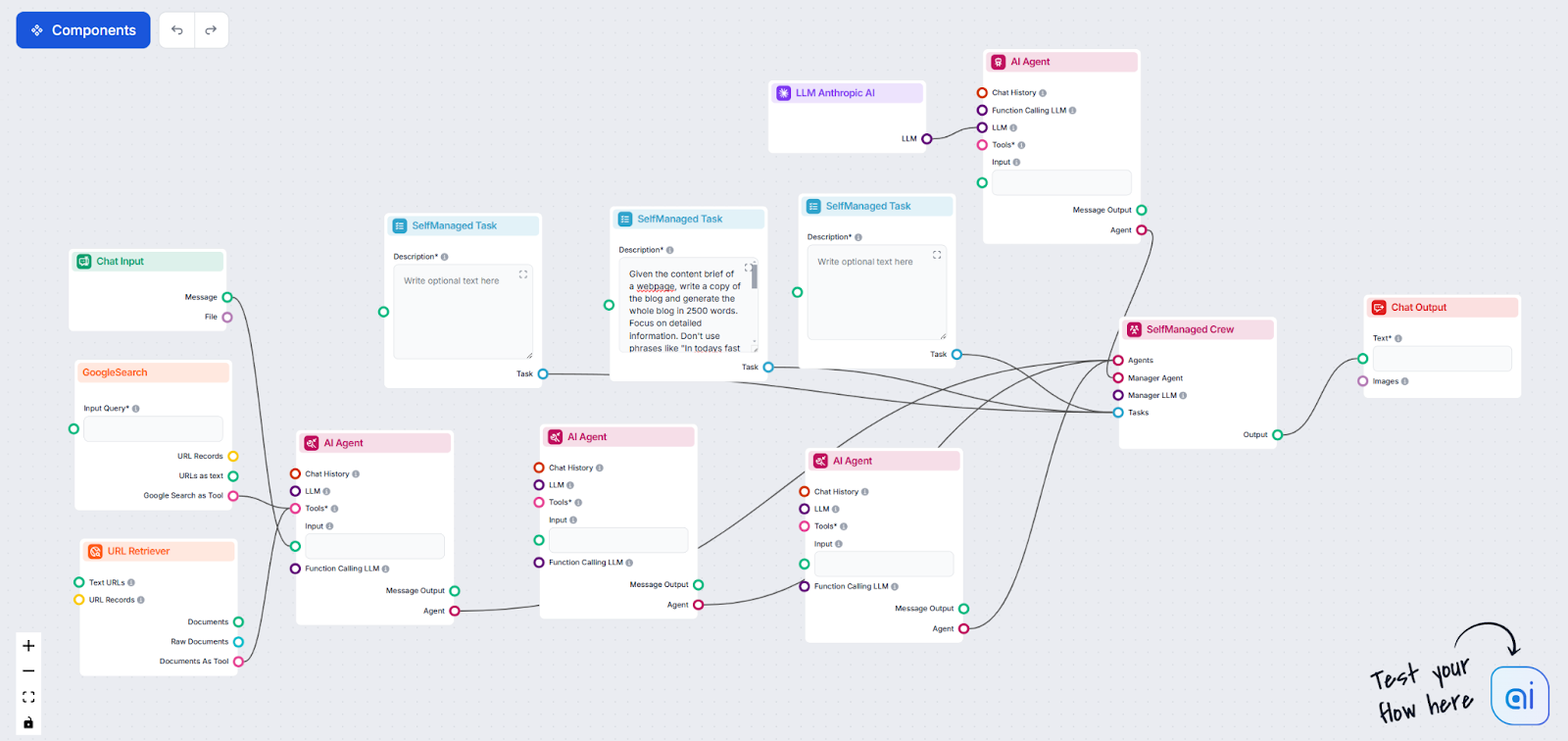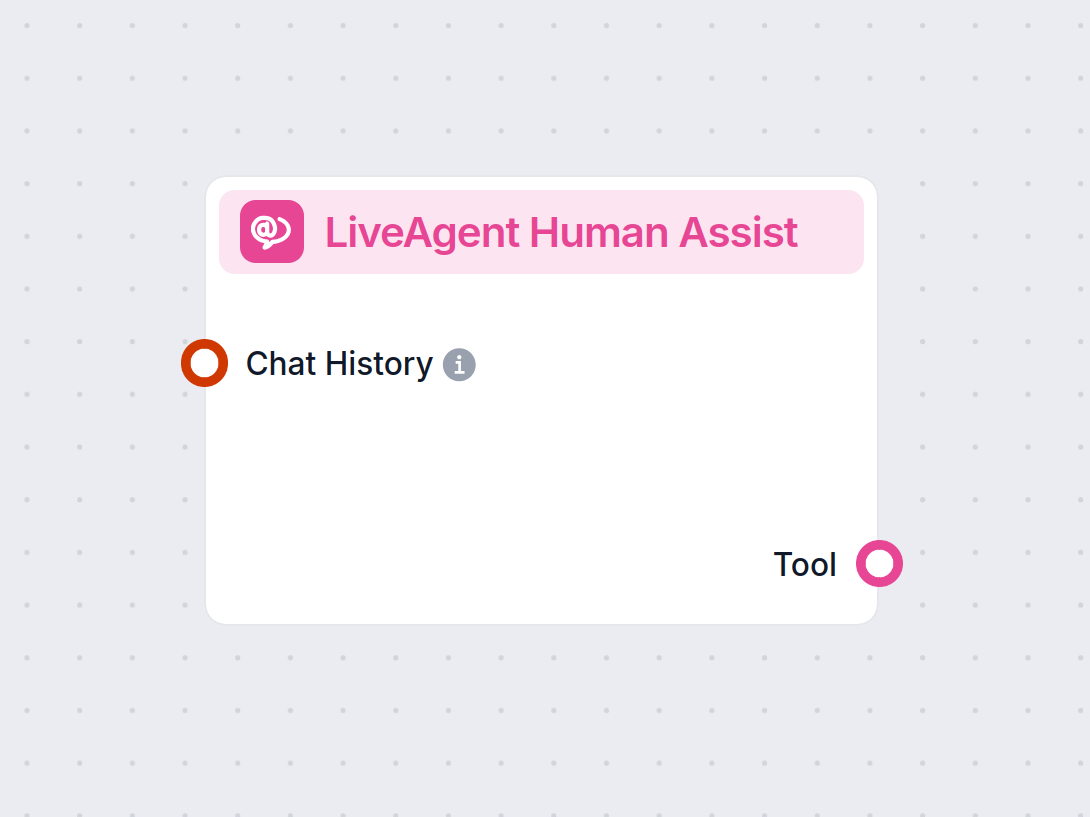
LiveAgent Integration
Integrate FlowHunt Chatbot with LiveAgent for seamless AI-to-human support transitions. The AI agent intelligently escalates conversations to human agents, ensu...
Integrate FlowHunt Chatbot with LiveAgent for seamless AI-to-human support transitions. The AI agent intelligently escalates conversations to human agents, ensu...
Learn about the LIX Readability Measure—a formula developed to assess text complexity by analyzing sentence length and long words. Understand its applications i...
An in-depth analysis of Meta's Llama 4 Scout AI model performance across five diverse tasks, revealing impressive capabilities in content generation, calculatio...
FlowHunt supports dozens of AI models, including Claude models by Anthropic. Learn how to use Claude in your AI tools and chatbots with customizable settings fo...
FlowHunt supports dozens of AI models, including the revolutionary DeepSeek models. Here's how to use DeepSeek in your AI tools and chatbots.
FlowHunt supports dozens of AI models, including Google Gemini. Learn how to use Gemini in your AI tools and chatbots, switch between models, and control advanc...
FlowHunt supports dozens of AI text models, including models by Mistral. Here's how to use Mistral in your AI tools and chatbots.
FlowHunt supports dozens of text generation models, including models by OpenAI. Here's how to use ChatGPT in your AI tools and chatbots.
Explore the importance of logging in AI workflows, how FlowHunt enables detailed logs for tool calls and tasks, and best practices for monitoring, debugging, an...
Logistic regression is a statistical and machine learning method used for predicting binary outcomes from data. It estimates the probability that an event will ...
Long Short-Term Memory (LSTM) is a specialized type of Recurrent Neural Network (RNN) architecture designed to learn long-term dependencies in sequential data. ...
Machine Learning (ML) is a subset of artificial intelligence (AI) that enables machines to learn from data, identify patterns, make predictions, and improve dec...
A machine learning pipeline is an automated workflow that streamlines and standardizes the development, training, evaluation, and deployment of machine learning...
Boost AI accuracy with RIG! Learn how to create chatbots that fact-check responses using both custom and general data sources for reliable, source-backed answer...
Integrate GPT-o1 mini with Slack using Flowhunt to create a powerful Slackbot that answers queries, automates tasks, and enhances team collaboration. Learn how ...
Master LinkedIn influence in 2025 with AI tools: boost your brand, automate networking, and unlock new career opportunities. Learn to leverage AI for content cr...
The Model Context Protocol (MCP) is an open standard interface that enables Large Language Models (LLMs) to securely and consistently access external data sourc...
Discover the power of FlowHunt's Meta Description Generator Flow, an AI-driven tool that creates concise, SEO-friendly summaries to boost your web content's vis...
A metaprompt in artificial intelligence is a high-level instruction designed to generate or improve other prompts for large language models (LLMs), enhancing AI...
Explore the highlights from Microsoft Ignite 2024 keynote, where Satya Nadella unveils how AI and Copilot are transforming productivity, business growth, and se...
Find out more about Mistral AI and the LLM models they offer. Discover how these models are used and what sets them apart.
Discover how MIT researchers are advancing large language models (LLMs) with new insights into human beliefs, novel anomaly detection tools, and strategies for ...
In AI, a 'moat' is a sustainable competitive advantage—such as economies of scale, network effects, proprietary technology, high switching costs, and data moats...
Model Chaining is a machine learning technique where multiple models are linked sequentially, with each model’s output serving as the next model’s input. This a...
Model collapse is a phenomenon in artificial intelligence where a trained model degrades over time, especially when relying on synthetic or AI-generated data. T...
Model drift, or model decay, refers to the decline in a machine learning model’s predictive performance over time due to changes in the real-world environment. ...
Model interpretability refers to the ability to understand, explain, and trust the predictions and decisions made by machine learning models. It is critical in ...
Model robustness refers to the ability of a machine learning (ML) model to maintain consistent and accurate performance despite variations and uncertainties in ...
Monte Carlo Methods are computational algorithms using repeated random sampling to solve complex, often deterministic problems. Widely used in finance, engineer...
Multi-hop reasoning is an AI process, especially in NLP and knowledge graphs, where systems connect multiple pieces of information to answer complex questions o...
Discover FlowHunt's Multi-source AI Answer Generator—a powerful tool for accessing real-time, credible information from multiple forums and databases. Ideal for...
Apache MXNet is an open-source deep learning framework designed for efficient and flexible training and deployment of deep neural networks. Known for its scalab...
Named Entity Recognition (NER) is a key subfield of Natural Language Processing (NLP) in AI, focusing on identifying and classifying entities in text into prede...
Natural Language Generation (NLG) is a subfield of AI focused on converting structured data into human-like text. NLG powers applications such as chatbots, voic...
Natural Language Processing (NLP) enables computers to understand, interpret, and generate human language using computational linguistics, machine learning, and...
Natural Language Processing (NLP) is a subfield of artificial intelligence (AI) enabling computers to understand, interpret, and generate human language. Discov...
Natural Language Understanding (NLU) is a subfield of AI focused on enabling machines to comprehend and interpret human language contextually, going beyond basi...
A negative prompt in AI is a directive that instructs models on what not to include in their generated output. Unlike traditional prompts that guide content cre...
A neural network, or artificial neural network (ANN), is a computational model inspired by the human brain, essential in AI and machine learning for tasks like ...
Neuromorphic computing is a cutting-edge approach to computer engineering that models both hardware and software elements after the human brain and nervous syst...
No-Code AI platforms enable users to build, deploy, and manage AI and machine learning models without writing code. These platforms provide visual interfaces an...
NSFW, an acronym for Not Safe For Work, is an internet slang term used to label content that might be inappropriate or offensive to view in public or profession...
Explore how NVIDIA's Blackwell system ushers in a new era of accelerated computing, revolutionizing industries through advanced GPU technology, AI, and machine ...
Explore Nvidia's CES 2025 keynote highlights, showcasing breakthroughs in Physical AI, the RTX Blackwell series, Nvidia Cosmos platform, and the revolutionary G...
An ontology in Artificial Intelligence is a formal specification of shared conceptualization, defining classes, properties, and relationships to model knowledge...
Open Neural Network Exchange (ONNX) is an open-source format for seamless interchange of machine learning models across different frameworks, enhancing deployme...
OpenAI is a leading artificial intelligence research organization, known for developing GPT, DALL-E, and ChatGPT, and aiming to create safe and beneficial artif...
OpenCV is an advanced open-source computer vision and machine learning library, offering 2500+ algorithms for image processing, object detection, and real-time ...
Optical Character Recognition (OCR) is a transformative technology that converts documents such as scanned papers, PDFs, or images into editable and searchable ...
Discover the strategic process of an Outbound Lead Generation Flow to connect with potential business leads. Learn how to target niche markets, gather C-suite c...
Overfitting is a critical concept in artificial intelligence (AI) and machine learning (ML), occurring when a model learns the training data too well, including...
Parameter-Efficient Fine-Tuning (PEFT) is an innovative approach in AI and NLP that enables adapting large pre-trained models to specific tasks by updating only...
Part-of-Speech Tagging (POS tagging) is a pivotal task in computational linguistics and natural language processing (NLP). It involves assigning each word in a ...
The Pathways Language Model (PaLM) is Google's advanced family of large language models, designed for versatile applications like text generation, reasoning, co...
Pattern recognition is a computational process for identifying patterns and regularities in data, crucial in fields like AI, computer science, psychology, and d...
Explore our in-depth Gemini 2.0 Thinking performance review covering content generation, calculations, summarization, and more—highlighting strengths, limitatio...
Perplexity AI is an advanced AI-powered search engine and conversational tool that leverages NLP and machine learning to deliver precise, contextual answers wit...
Personalized Marketing with AI leverages artificial intelligence to tailor marketing strategies and communications to individual customers based on behaviors, p...
Pose estimation is a computer vision technique that predicts the position and orientation of a person or object in images or videos by identifying and tracking ...
Automate negative keywords in Google Ads with FlowHunt's PPC AI Agent. Exclude irrelevant queries, reduce wasted spend, and improve conversions with AI-driven t...
Learn more about predictive analytics technology in AI, how the process works, and how it benefits various industries.
In the realm of LLMs, a prompt is input text that guides the model’s output. Learn how effective prompts, including zero-, one-, few-shot, and chain-of-thought ...
Learn how FlowHunt's Prompt component lets you define your AI bot’s role and behavior, ensuring relevant, personalized responses. Customize prompts and template...
Prompt engineering is the practice of designing and refining inputs for generative AI models to produce optimal outputs. This involves crafting precise and effe...
Find out common prompt engineering techniques for your Ecommerce chatbot to answer your customer's questions more effectively.
Q-learning is a fundamental concept in artificial intelligence (AI) and machine learning, particularly within reinforcement learning. It enables agents to learn...
Get a quick and simple overview of what Quantum Computing is. Find out how it can be used, what are the challenges and future hopes.
Query Decomposition in FlowHunt breaks complex queries into smaller subqueries, enhancing AI response accuracy. It simplifies input for chatbots, ensuring detai...
Query Expansion in FlowHunt enhances chatbot understanding by finding synonyms, fixing spelling errors, and ensuring consistent, accurate responses for user que...
Query Expansion is the process of enhancing a user’s original query by adding terms or context, improving document retrieval for more accurate and contextually ...
Question Answering with Retrieval-Augmented Generation (RAG) combines information retrieval and natural language generation to enhance large language models (LL...
Ensure consistent chatbot responses by adding pre-defined Q&As with FlowHunt. Organize with categories, link secondary questions, and manage efficiently. Plans ...
Random Forest Regression is a powerful machine learning algorithm used for predictive analytics. It constructs multiple decision trees and averages their output...
Discover what reading level means, how it is measured, and why it matters. Learn about different assessment systems, factors affecting reading ability, and stra...
Reasoning is the cognitive process of drawing conclusions, making inferences, or solving problems based on information, facts, and logic. Explore its significan...
Explore recall in machine learning: a crucial metric for evaluating model performance, especially in classification tasks where correctly identifying positive i...
Recurrent Neural Networks (RNNs) are a sophisticated class of artificial neural networks designed to process sequential data by utilizing memory of previous inp...
Recursive prompting is an AI technique used with large language models like GPT-4, enabling users to iteratively refine outputs through back-and-forth dialogue ...
Effortlessly chat with any Reddit thread using FlowHunt's AI Agents. Instantly summarize discussions, get source links, and explore topics without hours of manu...
Reduce AI hallucinations and ensure accurate chatbot responses by using FlowHunt's Schedule feature. Discover the benefits, practical use cases, and step-by-ste...
Regularization in artificial intelligence (AI) refers to a set of techniques used to prevent overfitting in machine learning models by introducing constraints d...
Reinforcement Learning (RL) is a subset of machine learning focused on training agents to make sequences of decisions within an environment, learning optimal be...
Reinforcement Learning (RL) is a method of training machine learning models where an agent learns to make decisions by performing actions and receiving feedback...
Reinforcement Learning from Human Feedback (RLHF) is a machine learning technique that integrates human input to guide the training process of reinforcement lea...
Retrieval Augmented Generation (RAG) is an advanced AI framework that combines traditional information retrieval systems with generative large language models (...
Discover what a retrieval pipeline is for chatbots, its components, use cases, and how Retrieval-Augmented Generation (RAG) and external data sources enable acc...
Discover the key differences between Retrieval-Augmented Generation (RAG) and Cache-Augmented Generation (CAG) in AI. Learn how RAG dynamically retrieves real-t...
Return on Artificial Intelligence (ROAI) measures the impact of AI investments on a company's operations, productivity, and profitability. Learn how to assess, ...
Discover the RIG Wikipedia Assistant, a tool designed for precise information retrieval from Wikipedia. Ideal for research and content creation, it provides wel...
The ROUGE score is a set of metrics used to evaluate the quality of machine-generated summaries and translations by comparing them to human references. Widely u...
Discover how AI Sales Script Generators use NLP and NLG to craft personalized, persuasive sales scripts for calls, emails, video, and social outreach, streamlin...
Scene Text Recognition (STR) is a specialized branch of Optical Character Recognition (OCR) focused on identifying and interpreting text within images captured ...
The Schedules feature in FlowHunt lets you periodically crawl domains and YouTube channels, keeping your chatbots and flows up-to-date with the latest informati...
Explore the key differences between scripted and AI chatbots, their practical uses, and how they're transforming customer interactions across various industries...
Let entire teams of AI coworkers handle complex tasks with FlowHunt's SelfManaged Tasks. Assign tasks to AI agents for seamless collaboration, flexibility, and ...
Semantic segmentation is a computer vision technique that partitions images into multiple segments, assigning each pixel a class label representing an object or...
Semi-supervised learning (SSL) is a machine learning technique that leverages both labeled and unlabeled data to train models, making it ideal when labeling all...
Discover what an AI Sentence Rewriter is, how it works, its use cases, and how it helps writers, students, and marketers rephrase text while preserving meaning ...
Sentiment analysis, also known as opinion mining, is a crucial AI and NLP task for classifying and interpreting the emotional tone of text as positive, negative...
Discover sequence modeling in AI and machine learning—predict and generate sequences in data like text, audio, and DNA using RNNs, LSTMs, GRUs, and Transformers...


